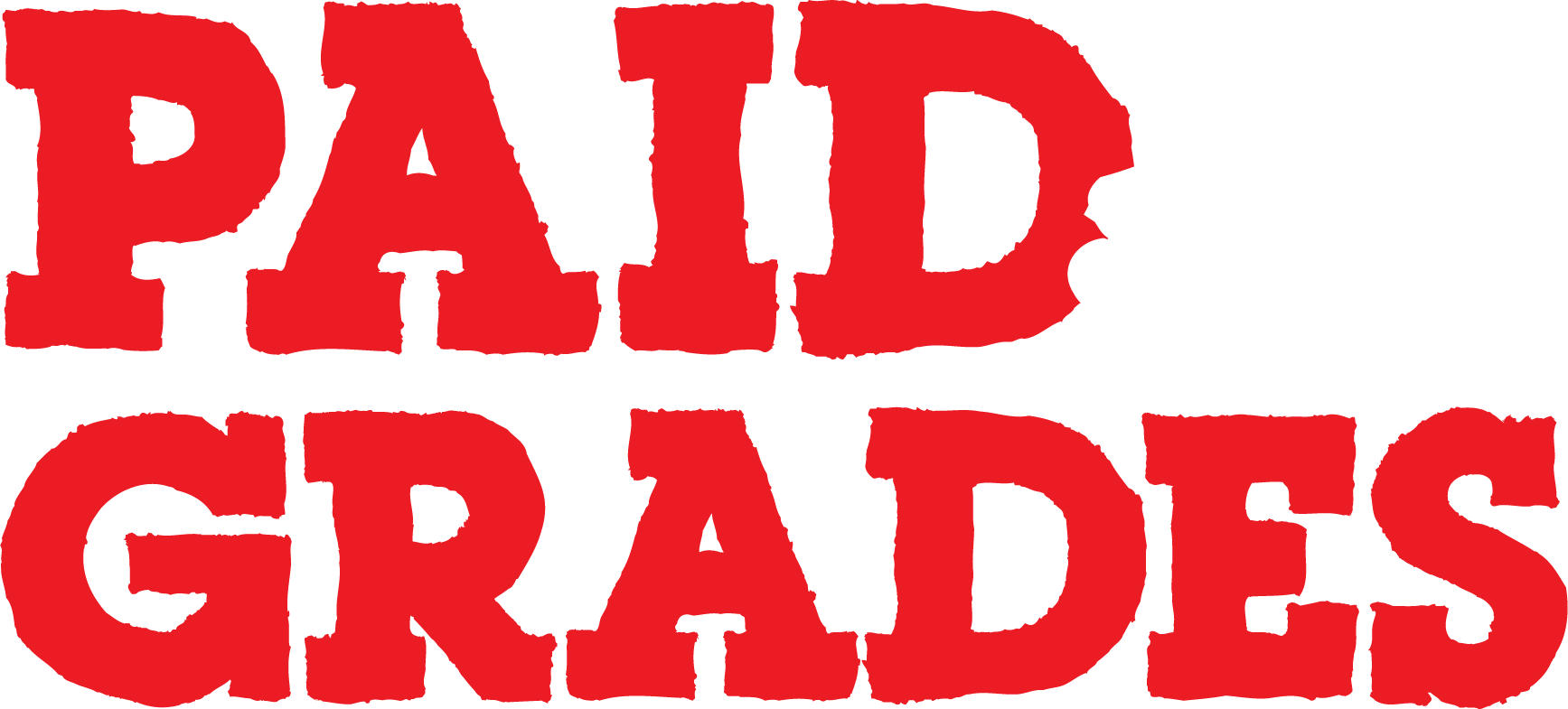Critical thinking: You’ve probably heard this term thrown around plenty in school. But, what does it actually mean? More importantly, why should you care?
In today’s article, let’s break down critical thinking a bit. We’ll explore what it is, why it matters, and how you can tell if you’re already a critical-thinking superstar.
What is Critical Thinking?
At its core, critical thinking is the ability to think rationally, understand the logical connection between ideas, and develop conclusions based on that determination.
It’s about being active (engaged and questioning) rather than passive (simply receiving information). When you’re critically thinking, you’re analyzing, evaluating, and synthesizing information, and then using that information to form a judgment or solve a problem.
Imagine you’re watching a news report or scrolling through social media. Critical thinking helps you to ask the right questions. For example, Is this information reliable? What’s the evidence? What are the other viewpoints?
By thinking critically, you’re not just accepting information at face value. Instead, you’re digging deeper to understand the truth.
Why Does Critical Thinking Matter?
You might wonder why it’s important to be a critical thinker, especially if you’re not planning on a career in rocket science or philosophy. Here’s the thing: critical thinking is essential no matter what path you choose in life.
It helps you to make better decisions, understand the consequences of your actions, and solve problems more effectively. Critical thinking skills are invaluable, whether you’re deciding on which college to attend, figuring out how to budget your money, or navigating the complexities of personal relationships.
Moreover, in an age of information overload, being able to distinguish between what’s true and what’s false is more important than ever. Critical thinking can protect you from scams, fake news, and misinformation. It empowers you to be an informed citizen, capable of engaging in meaningful debates and contributing positively to society.
How to Tell if You’re a Critical Thinker
So, how can you tell if you’re already a critical-thinking superstar? Here are some signs that you already have well-developed critical thinking skills:
- You Ask Questions: Not just any questions, but thoughtful, probing questions that go beyond the surface. You’re not satisfied with simple answers; you always want to understand the “why” and “how.”
- You’re Curious: You have a natural curiosity about the world around you. You’re interested in understanding different perspectives and how things work, and how new information can change your own perspective.
- You Can Identify Bias: You’re able to detect bias in sources of information, whether it’s in a news article, a research study, or a social media post. You understand that every story has more than one side.
- You Think Before You Act: Instead of making impulsive decisions, you take the time to evaluate the options and consider the consequences. You’re deliberate in your decision-making process.
- You Evaluate Evidence: Whether you’re working on a research paper or just having a debate with friends, you value evidence and use it to support your arguments. You’re also able to critically assess the quality of the evidence presented to you.
- You’re Open-Minded: Critical thinkers are open to changing their minds. You’re willing to listen to others’ viewpoints and consider new evidence, even if it challenges your existing beliefs.
- You Analyze Your Own Thinking: Perhaps the most telling sign of a critical thinker is the ability to reflect on your own thought processes and biases. You’re constantly questioning and refining your approach to thinking and learning.
How to Develop & Improve Your Critical Thinking
Do you recognize most of the qualities listed above in yourself? If so, congratulations — you’re already a critical-thinking superstar!
What if you are not so sure, though? There’s no need to panic. Critical thinking might come naturally to some people, but it’s also a skill that can be developed with practice.
You can strengthen your critical thinking muscles by asking questions, seeking out reliable information, and engaging in thoughtful discussion. Try to find topics that in which you’re interested, then begin probing more deeply.
Never end a line of inquiry after a simple answer; always ask a follow-up question, like “If X is true, then what does that mean for Y?” or “If X is true, then does that necessarily make Z untrue?”
Remember, in a world filled with noise, being able to think clearly and critically can be your superpower. Cultivating critical thinking skills can give you a richer, more insightful understanding of the world around you.
